Partners
It’s all about collaboration!
WCEF2024 is organised by Sitra, the Finnish Innovation Fund, and produced with Circle Economy Foundation (programme partner) and the International Resource Panel (science partner), in close collaboration with international partner organisations.
In addition to featuring solutions from around the world, WCEF2024 includes sessions that comprise the European Circular Economy Stakeholder Conference 2024 (ECESC), as well as a full day curated by the Belgian EU presidency team on 17 April including site visits to circular economy companies in Belgium.
Read more about who is collaborating with us to create the circular economy event of the year. All partners will be listed below in alphabetical order.

African Circular Economy Alliance
The African Circular Economy Alliance (ACEA) is a government-led coalition of African nations with a mission to spur Africa’s transformation to a circular economy that delivers economic growth, jobs and positive environmental outcomes. It was conceived in 2016 during the World Economic Forum on Africa with the mindset of developing Africa’s circular economy ecosystem while capitalising on its development opportunities.

Belgian presidency of the Council of the European Union
The Belgian Presidency of the EU Council is pleased to play a pivotal role as a partner in the World Circular Economy Forum, reflecting the European Union’s concerted efforts to transition towards a more sustainable and circular economy. To reach the climate goals a systemic change is needed and as President of the Council, Belgium will lead the European agenda towards circularity at all levels of society and promote cooperation among the Member States to reach those goals. During the WCEF2024, Circular Flanders, Walloon region, Brussels region and the federal government, will demonstrate how we evolved from experiments and frontrunners to a circular common practice in our companies, cities, knowledge institutes and citizens.
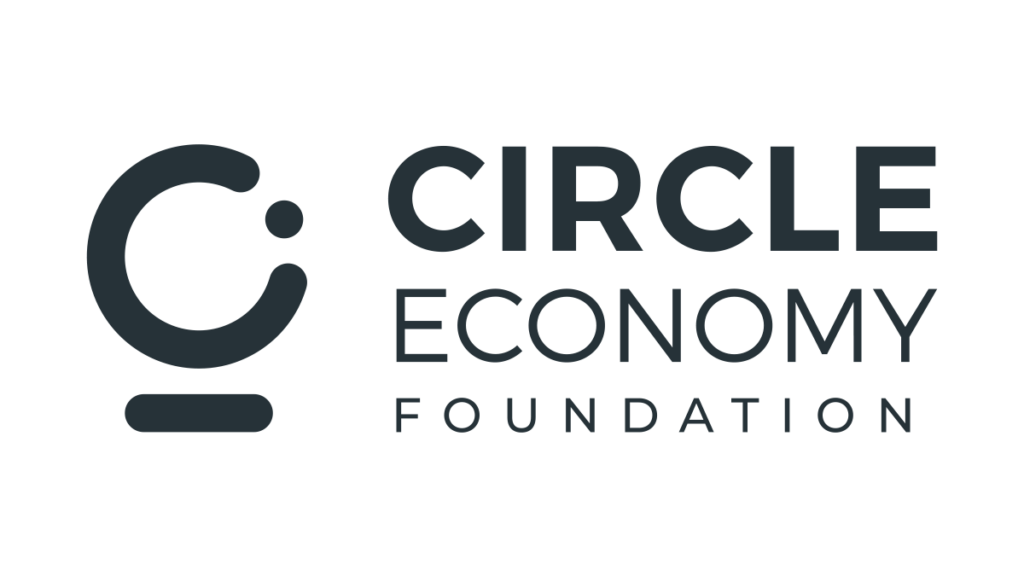
Circle Economy Foundation
Circle Economy Foundation is a global impact organisation with an international team of passionate experts based in Amsterdam. We empower industries, cities and nations with practical and scalable solutions to put the circular economy into action. Our vision is an economic system that ensures the planet and all people can thrive. To avoid climate breakdown, our goal is to double global circularity by 2032.
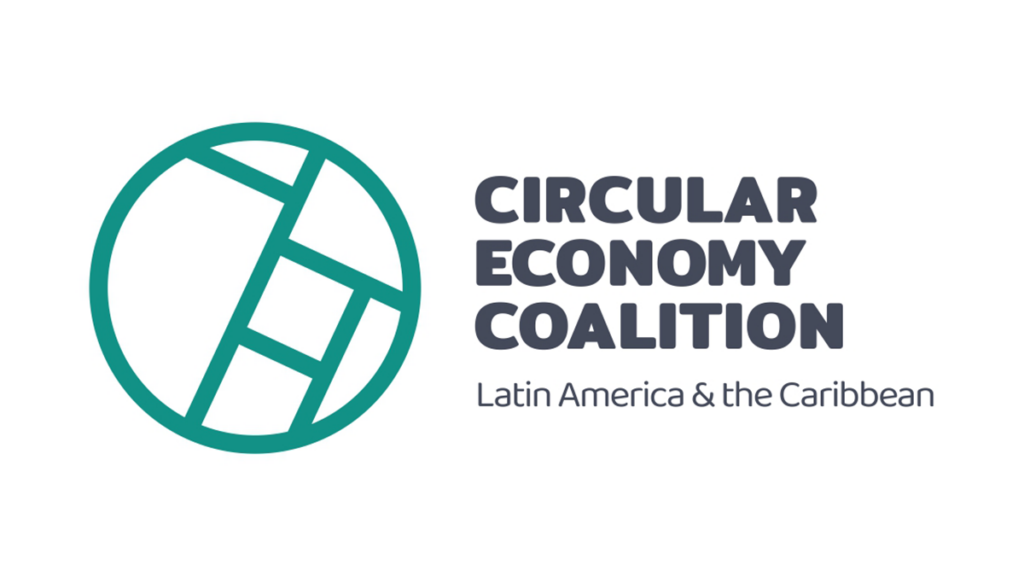
Circular Economy Coalition for Latin America and the Caribbean (CEC)
The CEC is a regional platform to enhance inter-ministerial, multi-sectoral and multi-stakeholder cooperation, as well as to increase knowledge and understanding of the circular economy. It provides training and technical assistance for the development of public policies related to the circular economy and sustainable consumption and production.
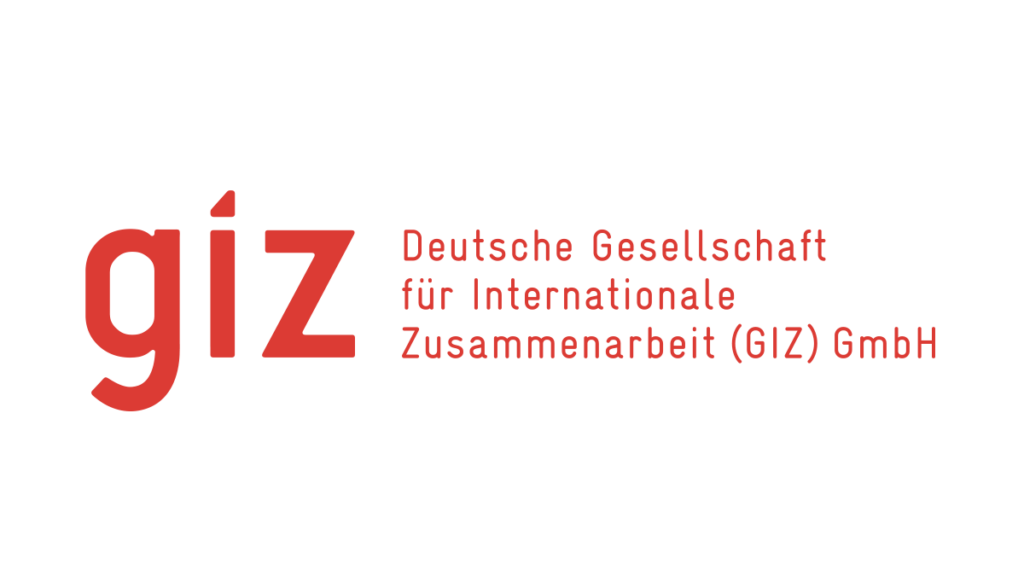
Deutsche Gesellschaft für Internationale Zusammenarbeit (GIZ) GmbH
As a service provider in the field of international cooperation for sustainable development, GIZ supports the transition to a circular economy worldwide. In more than 30 projects across 20 countries, GIZ cooperates with governments, research institutes and the private sector, and focuses on scaling innovative circular solutions both in production and consumption. Priority areas are climate-sensitive approaches, private sector involvement, environmental protection and marine litter prevention. GIZ works on behalf of the German government, the EU and international companies.
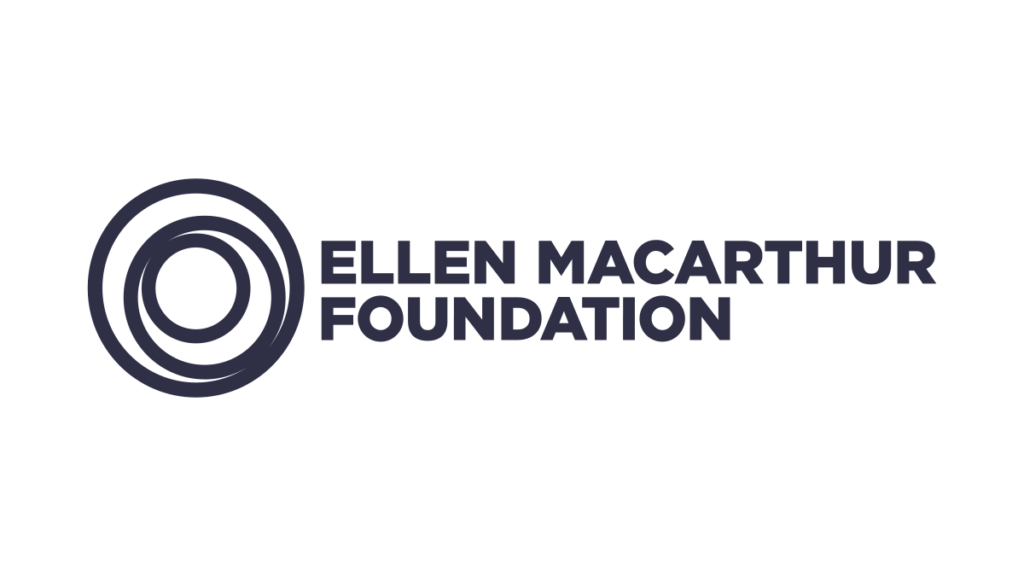
Ellen MacArthur Foundation
The Ellen MacArthur Foundation is an international charity that develops and promotes the circular economy to tackle some of the biggest challenges of our time, such as climate change, biodiversity loss, waste and pollution. We work with our network of private and public sector decision-makers, as well as academia, to build capacity, explore collaborative opportunities, and design and develop circular economy initiatives and solutions. Increasingly based on renewable energy, a circular economy is driven by design to eliminate waste, circulate products and materials, and regenerate nature, to create resilience and prosperity for business, the environment and society.

European Circular Economy Stakeholder Platform
The European Circular Economy Stakeholder Platform (ECESP) is a joint initiative by the European Commission and the European Economic and Social Committee. The platform offers the European circular economy community a place for dialogue and a bridge between existing initiatives.
ECESP is a dynamic hub to (i) advance the circular economy concept and keep the conversation at the top of the agenda, (ii) strengthen cooperation and (iii) contribute to identifying social, economic and cultural barriers to the transition. Through the annual stakeholder conference, an active 24-Member Coordination Group and dedicated communications channels, this “network of networks” highlights cross-sector opportunities and challenges.
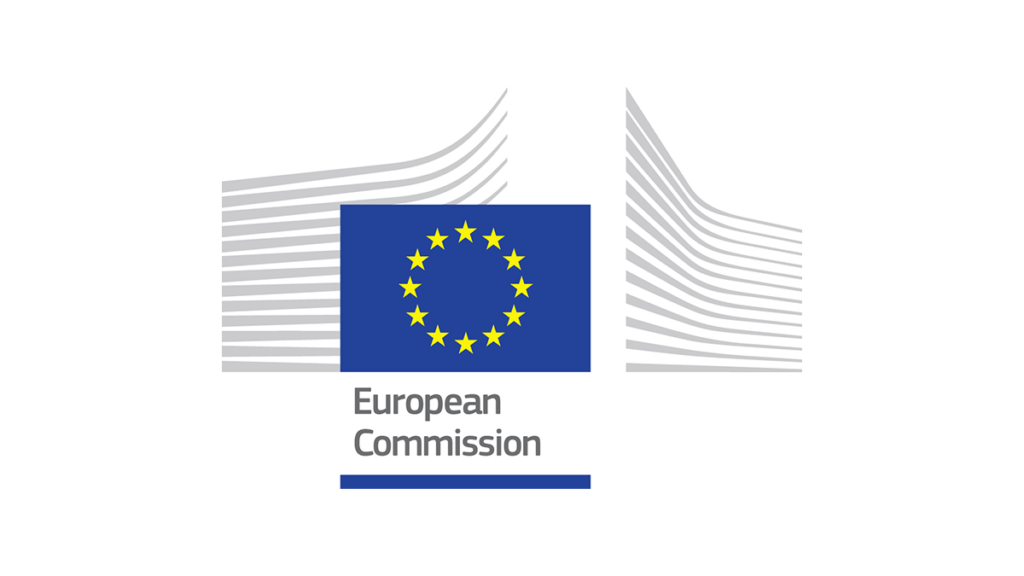
European Commission
The European Commission is the European Union’s politically independent executive arm. It is responsible for drawing up proposals for new European legislation and implementing the decisions of the European Parliament and the Council of the EU.
The circular economy is a pillar for the EU’s efforts to reach net-zero, increase resource and energy efficiency, improve competitiveness and resilience, and decouple economic growth from the use of natural resources in the European Green Deal. The measures to enable this transition are compiled in the Circular Economy Action Plan, a policy framework adopted by the European Commission in 2020.
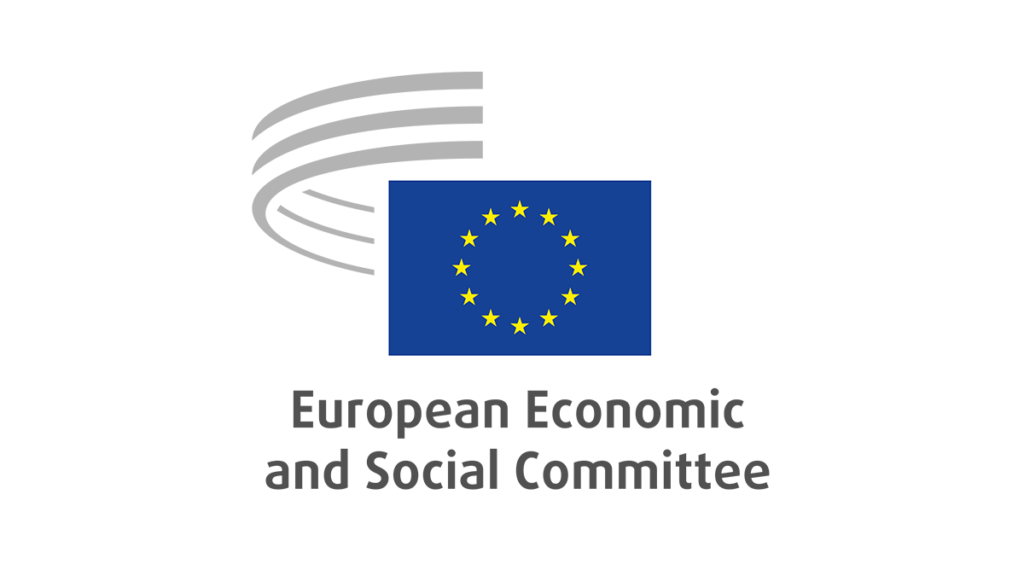
European Economic and Social Committee
The European Economic and Social Committee (EESC) represents employers, workers and civil society organisations. It is an institutional consultative body established by the 1957 Treaty of Rome. Its consultative role enables its members, and hence the organisations they represent, to participate in the EU decision-making process.
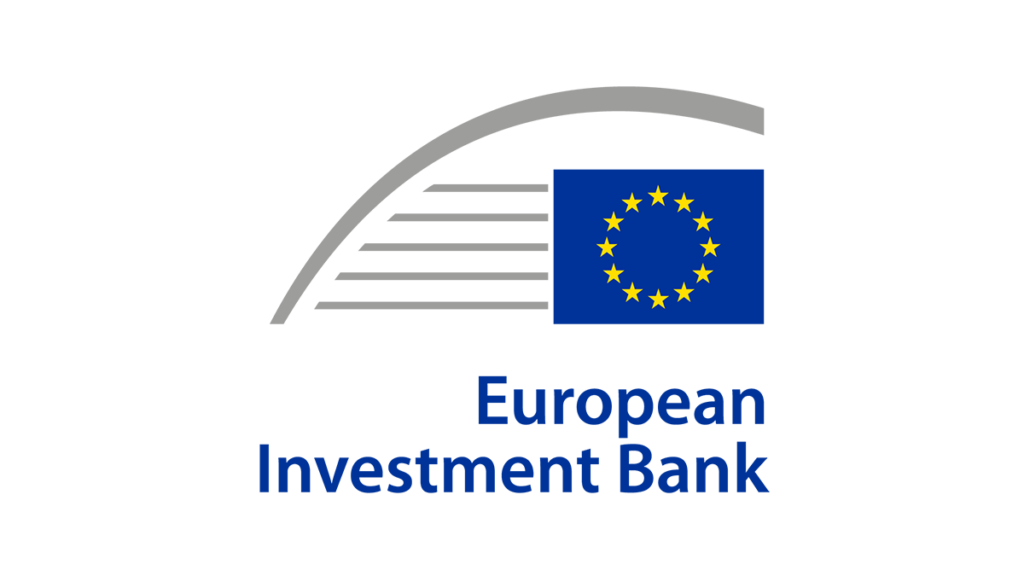
European Investment Bank
The European Investment Bank (EIB) is the long-term lending institution of the European Union owned by its Member States. It provides long-term capital and advisory support for sound investments that contribute towards EU policy goals. From 2019 to 2023, the EIB provided €3.8 billion to co-finance 132 circular economy projects in a variety of sectors. It stands ready to do more to help meet the lending needs of the circular economy transition. By launching its Climate Bank Roadmap, the EIB has committed to align all its new operations with the goals and principles of the Paris Agreement and to support €1 trillion of climate action and environmental sustainability investments in the decade to 2030.
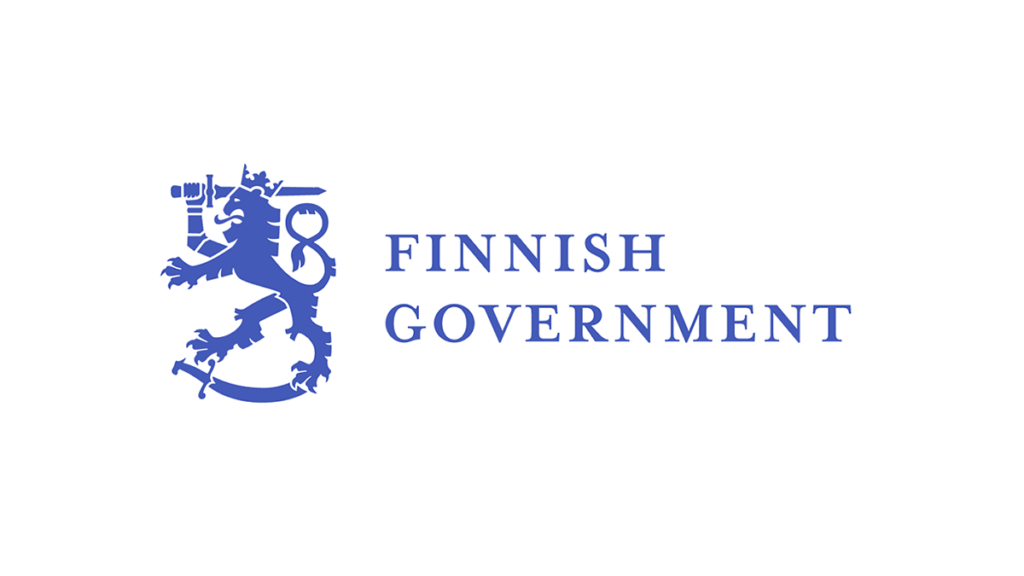
Government of Finland
The Finnish Government is a committed supporter of WCEF. We prioritise the circular economy: we have decided to phase out coal as a source of energy by 2029, become carbon neutral by 2035 and to set a cap to curb the overconsumption of natural resources. The transition to a circular economy is not possible without collaboration, innovation and sharing best practices globally. WCEF2024 provides a global venue for discussions and presenting the world’s best circular economy solutions to inspire others and serve as a catalyst for further progress worldwide.
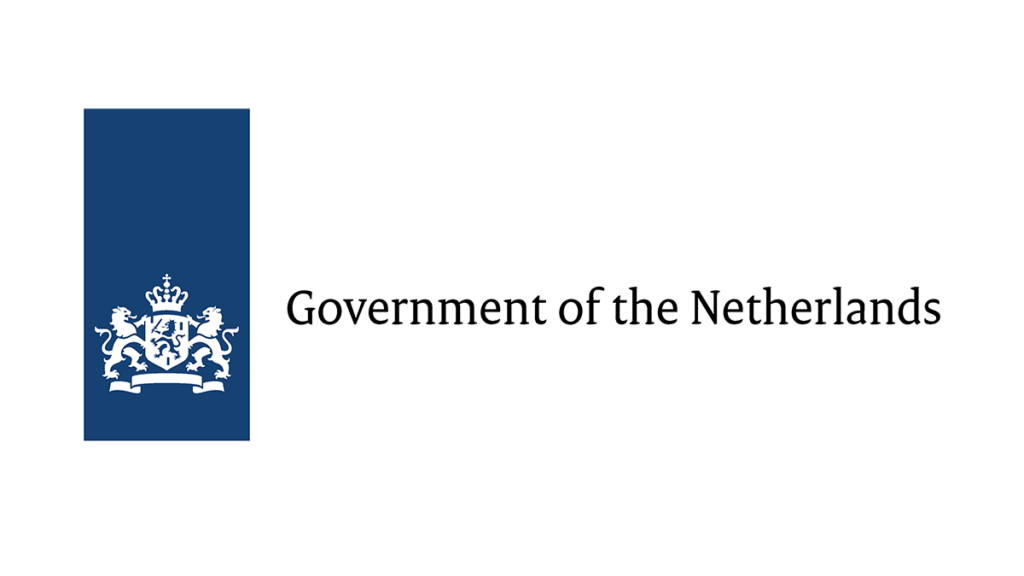
Government of the Netherlands
The Government of the Netherlands is a proud partner of the World Circular Economy Forum. Circular economy is a key instrument to address the planetary crises of climate, biodiversity and pollution. The Netherlands has set the target of achieving a fully circular economy by 2050. A circular economy is only achievable if we work together, and only if the private sector and public authorities join forces. The Netherlands sees the WCEF as a vital platform that brings together governments, business and knowledge partners globally to streamline our common direction towards circularity as well as to share best practices and showcase the latest circular innovations.
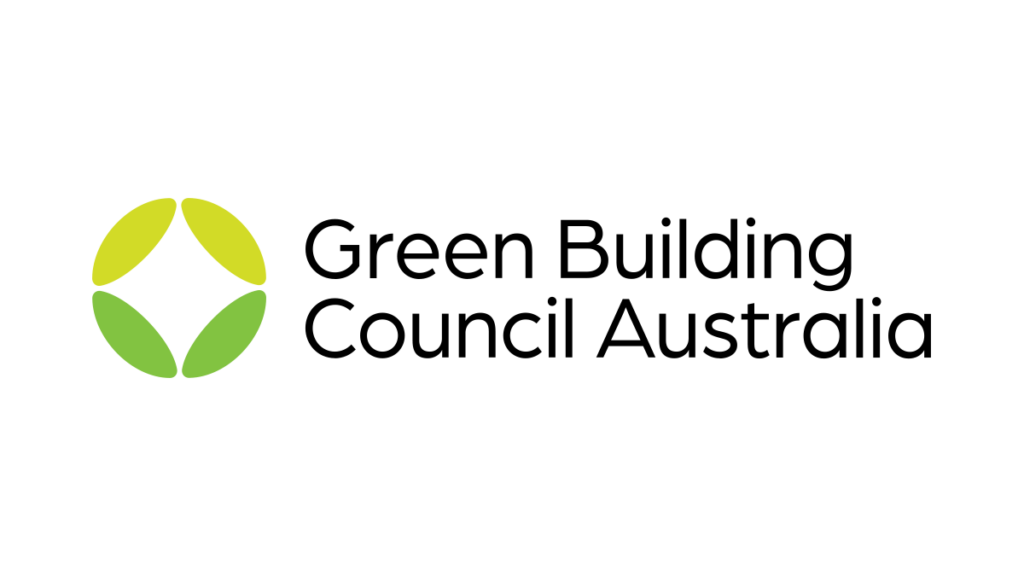
Green Building Council of Australia
Green Building Council of Australia (GBCA) is Australia’s authority on sustainable buildings and communities. Our mission is to accelerate the transformation of Australia’s built environment into one that is healthy, liveable, productive, resilient and sustainable. We work with industry and government to encourage policies and programmes that support our mission. We educate thousands of people each year on how to design and deliver sustainable outcomes for Australia’s buildings and communities. And we operate Australia’s only national, voluntary, holistic rating system for sustainable buildings and communities – Green Star.
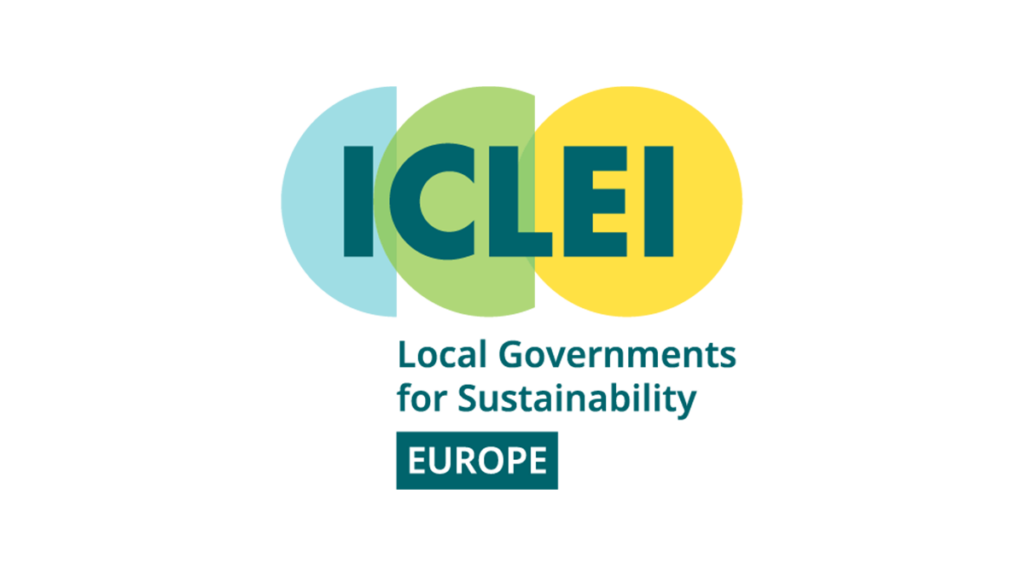
ICLEI Europe
ICLEI – Local Governments for Sustainability is a global network of more than 2,500 local and regional governments committed to sustainable urban development. Active in 125+ countries, ICLEI influences sustainability policy and drives local action for low-emission, nature-based, equitable, resilient and circular development. With more than 160 members across Europe, North Africa, the Middle East, and West Asia, ICLEI Europe serves as their voice on the European and international stage, fostering connections and offering tools to bring positive environmental, economic, and social change.
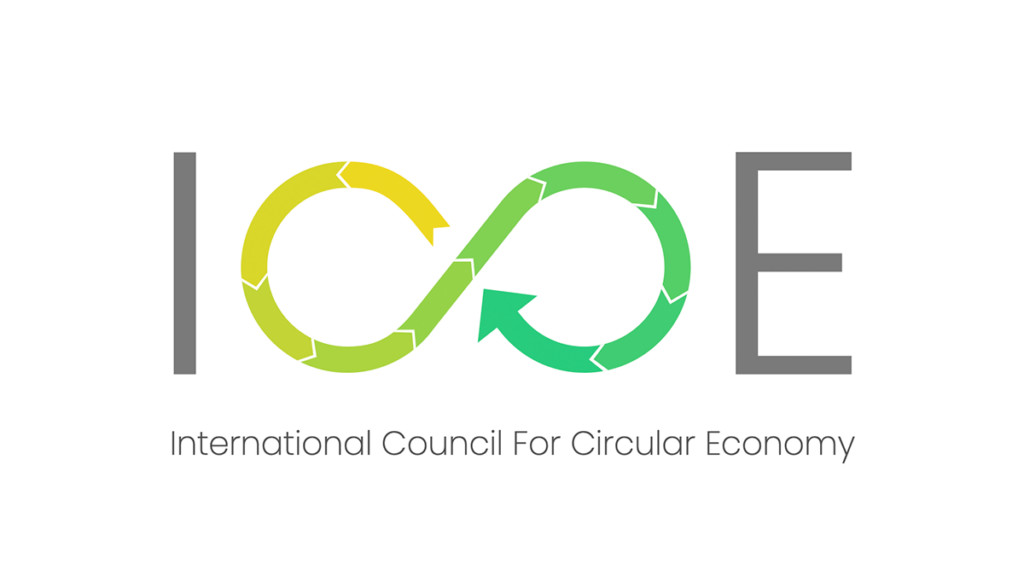
International Council for Circular Economy (ICCE)
ICCE, established in 2020, is the largest international network for professionals, corporates and organisations engaged in advancing the circular economy. ICCE endeavours to expedite the transition to a restorative and regenerative economic model to cultivate resilient and thriving businesses. Embracing a global perspective, ICCE is redefining lives and spearheading a transformative change on a global scale, ushering in a new era of circularity in India and in the Global South.
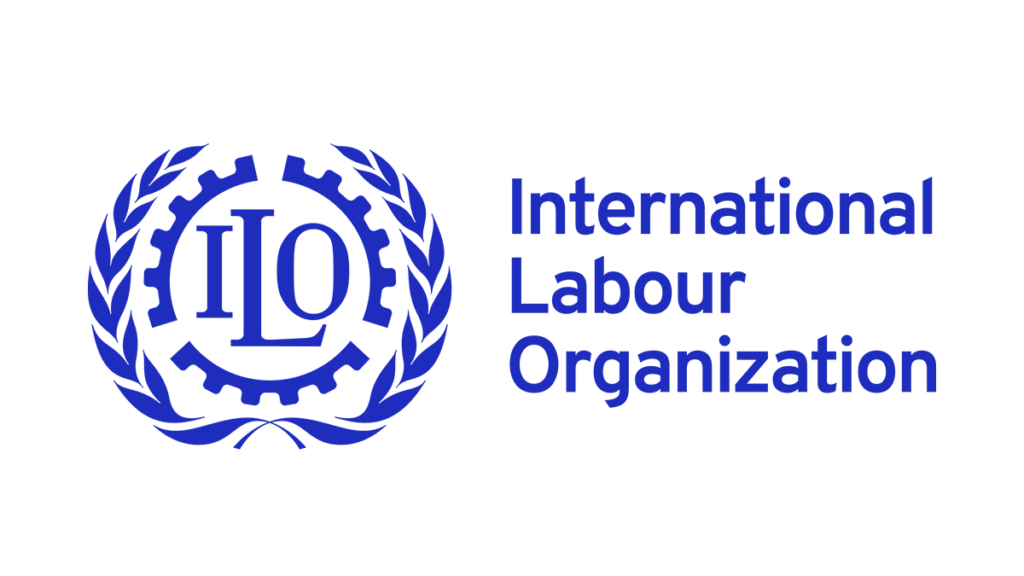
International Labour Organization (ILO)
The International Labour Organization (ILO) is the United Nations specialised agency devoted to advancing opportunities for women and men to obtain decent and productive work in conditions of freedom, equity, security and human dignity. We are dedicated to ensuring a just and jobs-rich transition to a circular economy that leaves no one behind.
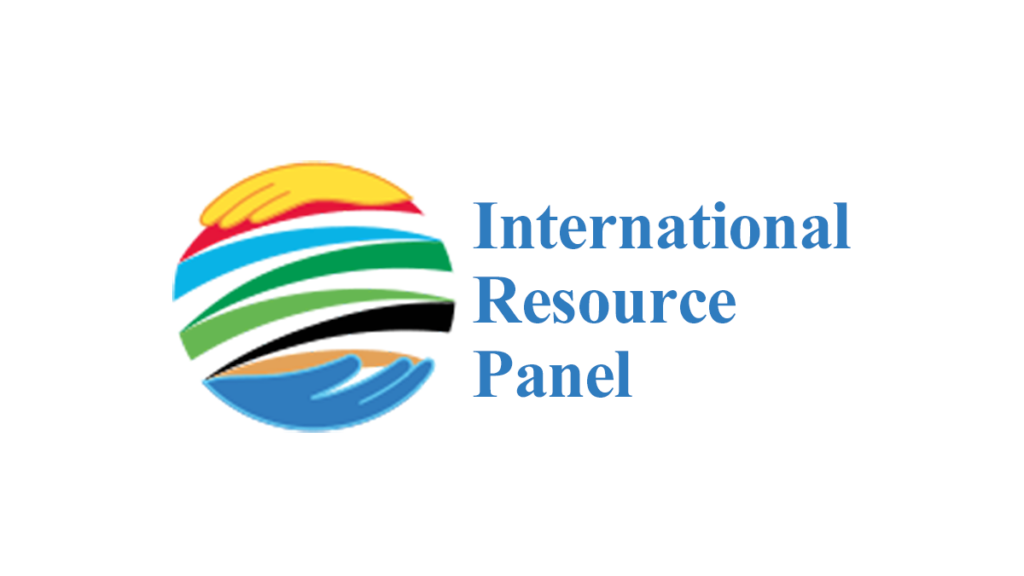
The International Resource Panel was launched by the United Nations Environment Programme in 2007 to build and share the knowledge needed to improve our use of resources worldwide. The Panel consists of eminent scientists, highly skilled in resource management issues from both developed and developing regions, civil society, industrial and international organisations. Their reports distil the latest scientific, technical and socio-economic findings around global resource use.
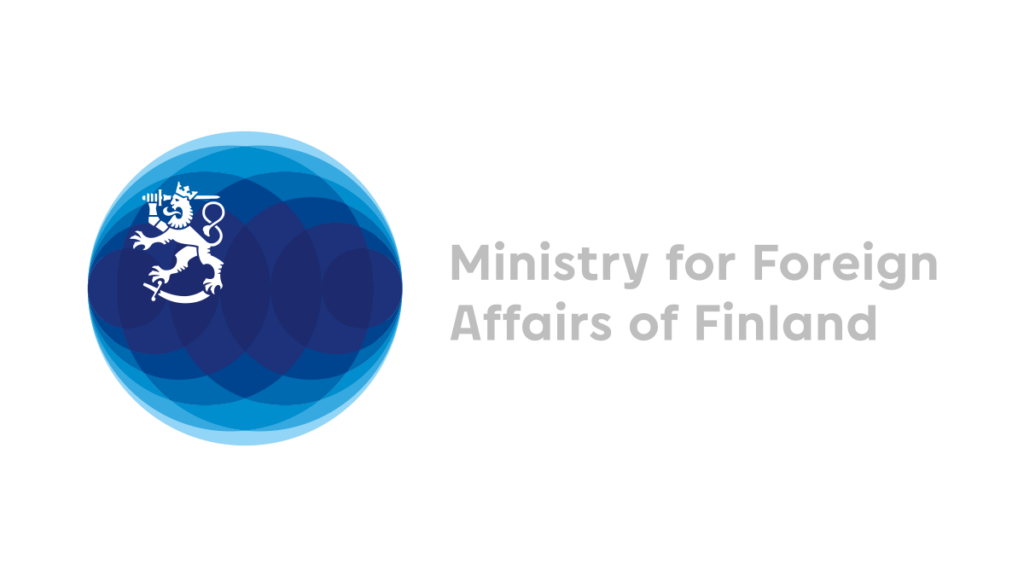
Ministry for Foreign Affairs of Finland
Finland and the Ministry for Foreign Affairs use international co-operation to promote the transition towards a carbon neutral, resource efficient circular economy in various policy areas and fora. We increase the carbon handprint by promoting Finnish solutions and technologies going beyond the ambitious national carbon neutrality target of 2035.
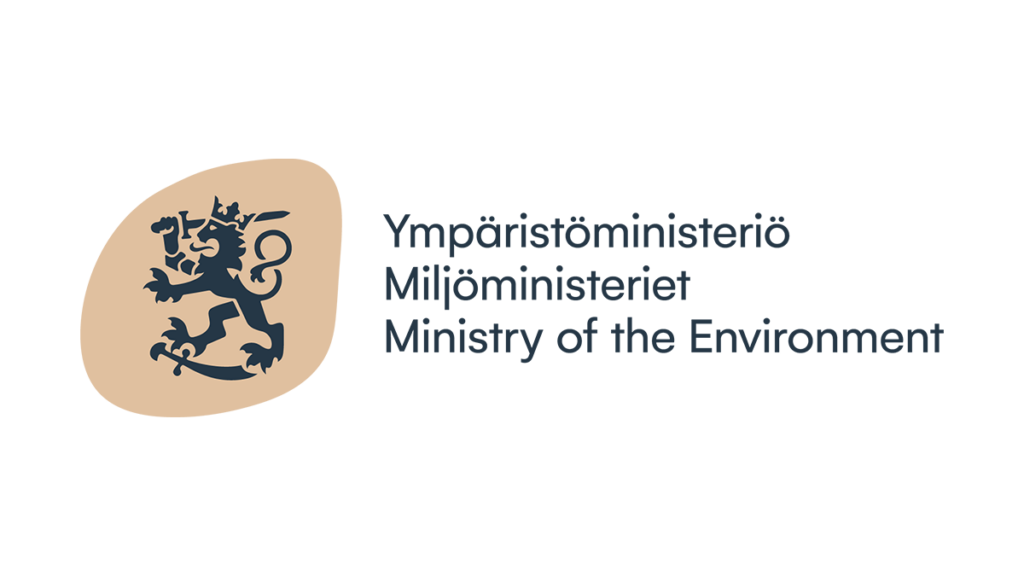
Ministry of the Environment of Finland
At the Ministry of the Environment, we work for a better environment to live in for future generations by making sure that, besides economic factors, environmental considerations are at the heart of all social decision-making. We are responsible for legislative and policy preparation for the Government and Parliament concerning communities, climate issues, the built environment, housing, biodiversity and sustainable use of natural resources and environmental protection.

Nordic Innovation, an organisation under the Nordic Council of Ministers, is dedicated to positioning the Nordics as a pioneering region for sustainable growth. Guided by the Nordic vision for the region to be the world’s most sustainable and integrated by 2030, we are currently engaged in a strategic initiative (2021-2024) focusing on catalysing a circular transition. Our goal is to empower businesses with tools and capabilities that facilitate circular business models, promote data sharing and unlock the full potential of circular business value. Through collaborative efforts and innovative solutions, we aim to drive a paradigm shift in business operations towards circularity, sustainability and resilience.
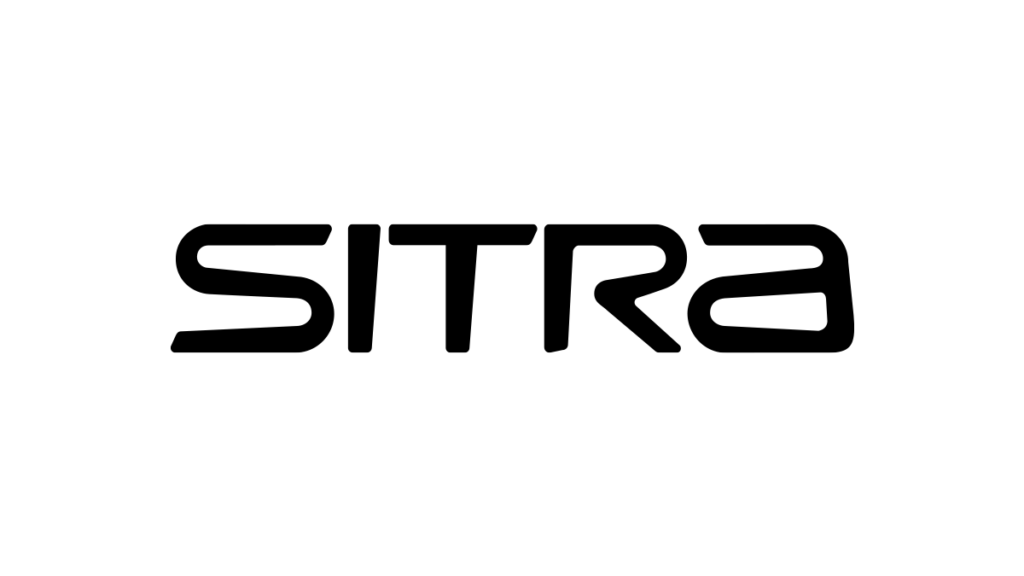
Sitra, the Finnish Innovation Fund
Sitra is an active fund for the future. It aims to create a fair and sustainable future and work with partners to ensure that Finland can lead the way in the transition to a fair and competitive carbon-neutral circular economy – a new society in which our everyday lives and well-being are no longer based on excessive consumption and fossil fuel use. Sitra was founded in 1967 and is an independent public fund operating directly under the supervision of the Finnish Parliament.

United Nations Development Programme (UNDP)
UNDP is the leading United Nations organisation fighting to end the injustice of multiple crises including growing poverty, inequality, environmental degradation, and the changing climate. Working with our broad network of experts and partners in 170 countries, we help nations and communities to build integrated, lasting solutions for people and planet. In line with the UNDP Strategic Plan, our Moonshots, Nature Pledge and Climate Promise, this includes a focus on advancing circular and green/blue economy approaches through an inclusive, just transition that leaves no one behind.
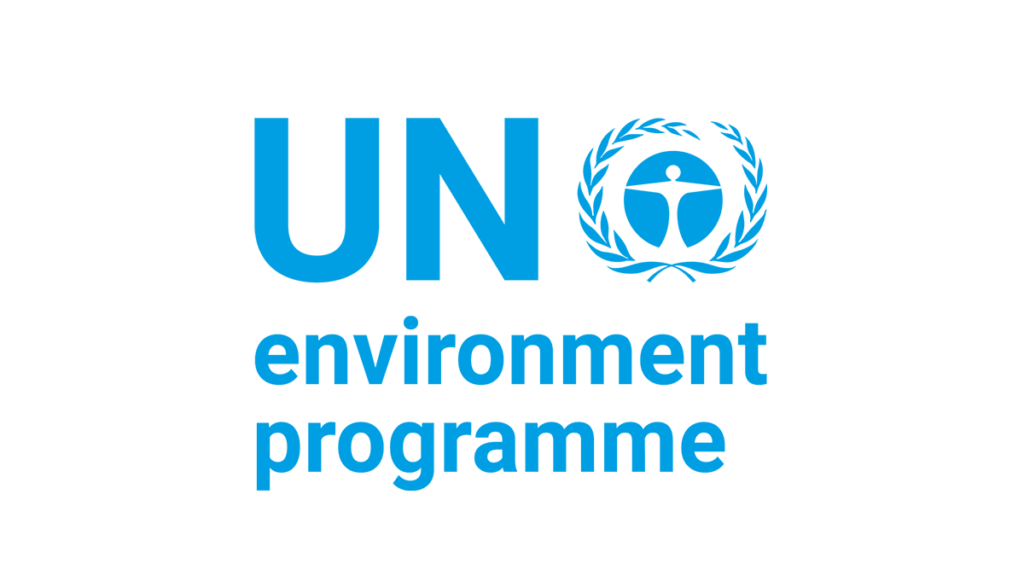
United Nations Environment Programme (UNEP)
UNEP has since its inception in 1972 been the global authority that sets the environmental agenda, promotes the coherent implementation of the environmental dimension of sustainable development within the UN system and serves as an authoritative advocate for the global environment. UNEP’s mission is to provide leadership and encourage partnership in caring for the environment by inspiring, informing, and enabling nations and peoples to improve their quality of life without compromising that of future generations.

United Nations Industrial Development Organization (UNIDO)
UNIDO is the specialised agency of the United Nations with a mandate to promote and accelerate sustainable industrial development. Our mandate is reflected in Sustainable Development Goal (SDG) 9: “Build resilient infrastructure, promote inclusive and sustainable industrialisation and foster innovation”, but UNIDO’s activities contribute to all the SDGs. UNIDO’s vision is a world without poverty and hunger, where industry drives low-emission economies, improves living standards and preserves the liveable environment for present and future generations, leaving no one behind.
UNIDO promotes and implements circular economy principles and resource efficiency practices through technical cooperation, action-oriented research and policy advisory services, normative standards-related activities, and the fostering of partnerships for knowledge and technology transfer.
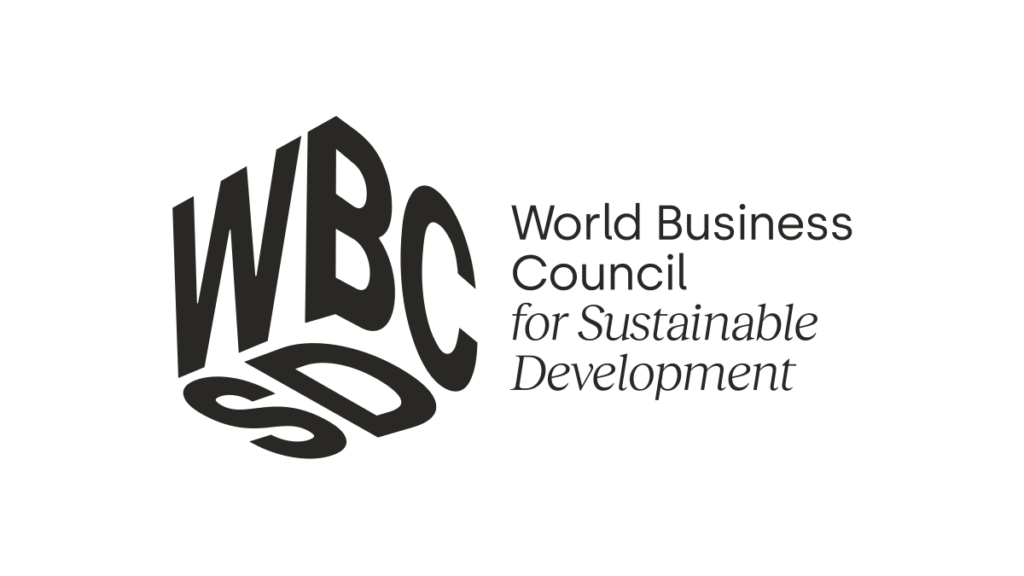
World Business Council for Sustainable Development
The World Business Council for Sustainable Development (WBCSD) is a global community of over 220 of the world’s leading businesses, representing a combined revenue of more than USD $8.5 trillion and 19 million employees. Together, we transform the systems we work in to limit the impact of the climate crisis, restore nature and tackle inequality. We accelerate value chain transformation across key sectors and reshape the financial system to reward sustainable leadership and action through a lower cost of capital. Through the exchange of best practices, improving performance, accessing education, forming partnerships, and shaping the policy agenda, we drive progress in businesses and sharpen the accountability of their performance.